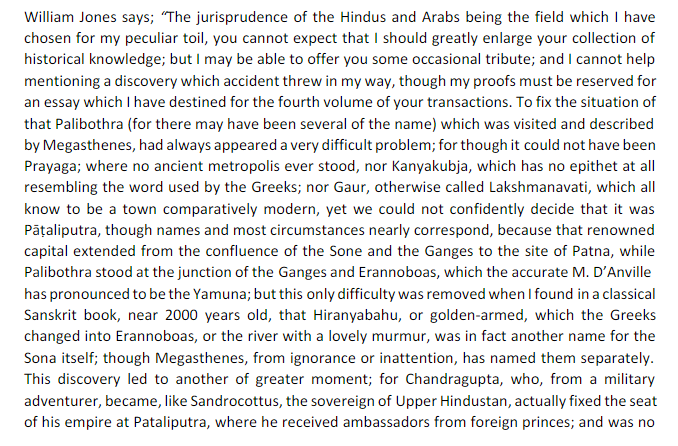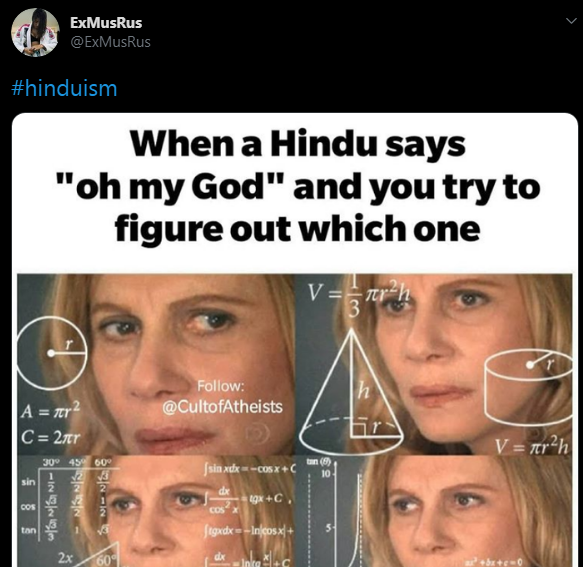1. No greek records of the battle survived to this day. We only find the mention of such works from later greek historians.This includes the Indica of Megasthenes which is only known from references in later works
2.Several historians have suggested that Sandrocottos of the Greek records could have been Samudragupta of the later Gupta dynasty.
No Indian record of this battle exists from contemporary literature! Not a single, it is never mentioned.
Strabo (c. 65 BC — c. 24 AD) writes: “Generally speaking, the men who hitherto have written on the affairs of India were a set of liars. Deimachus holds the first place in the list, Megasthenes comes next….
Multiple of Alexander’s generals later went on to write accounts of Alexander’s campaigns as well, which likewise portrayed him in a strongly positive light,.
“This last combat with Porus took off the edge of the Macedonians’ courage and stayed their further progress in India….
I mean, who gives additional territories to a defeated king, much less an egotist like Alexander?
rbth.com/blogs/2013/05/…


















